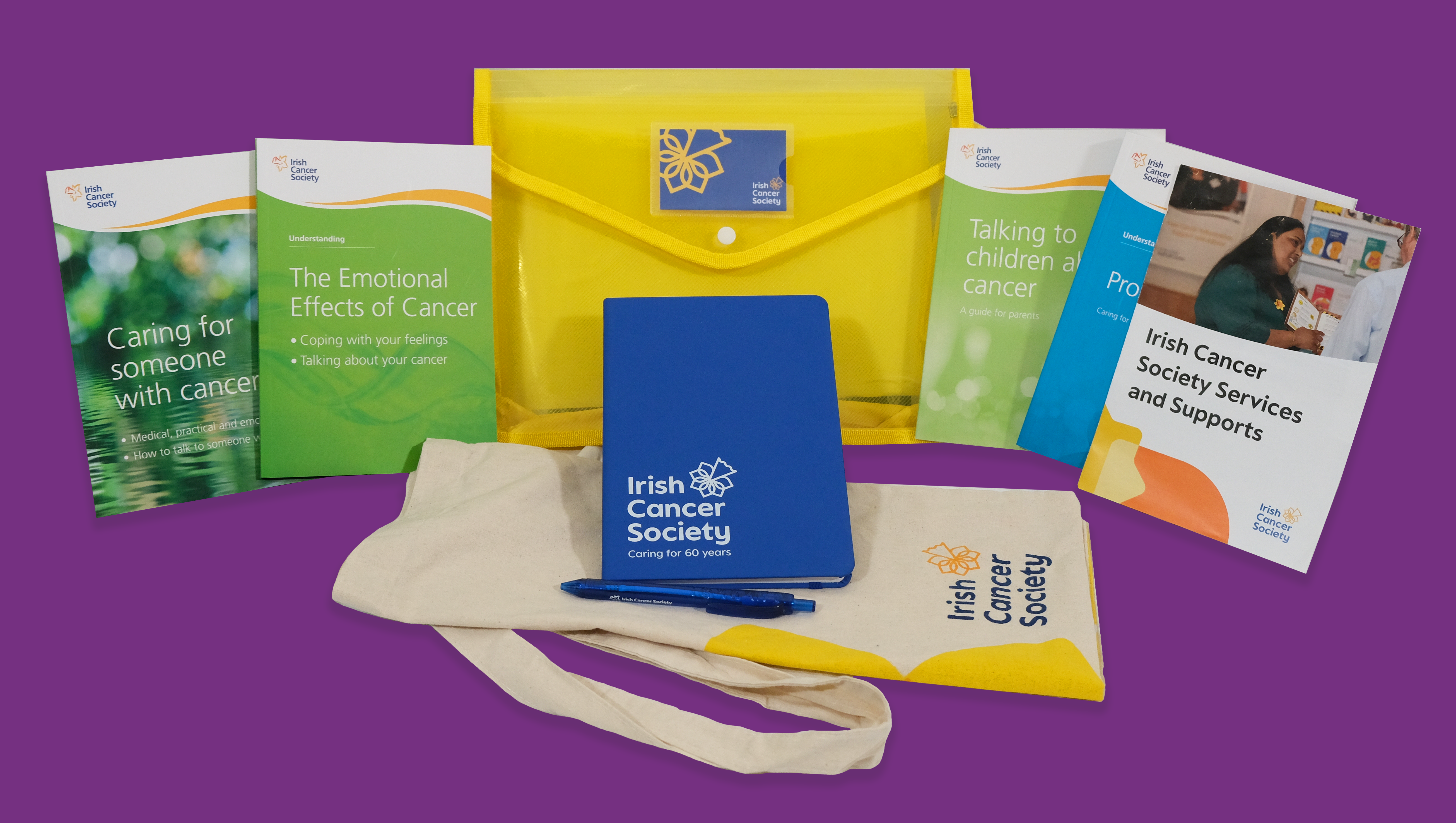Making sense of health claims
It can be hard to make sense of information about complementary and alternative therapies. Sometimes you may read how a particular therapy helped a person, or see what seems to be very convincing evidence about a miracle cure.
If you're looking at different kinds of complementary and alternative therapies, here are some things to watch out for:
Personal experiences
Using patient stories as ‘proof’ for the therapy, rather than scientific research studies. This is a sign that there may not be much real scientific evidence behind the claims being made.
Describing the therapy as a cure for cancer
The only treatments that have been scientifically proven to cure cancer are conventional treatments like surgery. Check on respected cancer organisations’ websites to see if there's any evidence to back up the claims being made.
Exaggerating the benefits
There may be scientific research to prove that a therapy has a particular effect – for example, it may reduce swelling, have antioxidant effects or speed up healing. But this doesn’t mean that it can cure or control cancer.
Read carefully to see what the proven effects of a therapy are and check that this matches the benefits it claims to have.
Laboratory or animal studies
Sometimes you may read about a therapy killing cancer cells in a laboratory or working on animals like rats or mice.
Sometimes when these therapies are tested in humans they prove to be useful, but other times the beneficial effect doesn’t happen with humans.
Unless a therapy has gone through human trials, there’s no way of knowing if it will be helpful or not.
Selling products or information relating to the therapy
If a webpage is making money from selling products or treatments, there’s more reason for them to exaggerate the benefits or give misleading or incomplete information.



Talk to a Cancer Nurse

Support Line
Our Daffodil Centres

